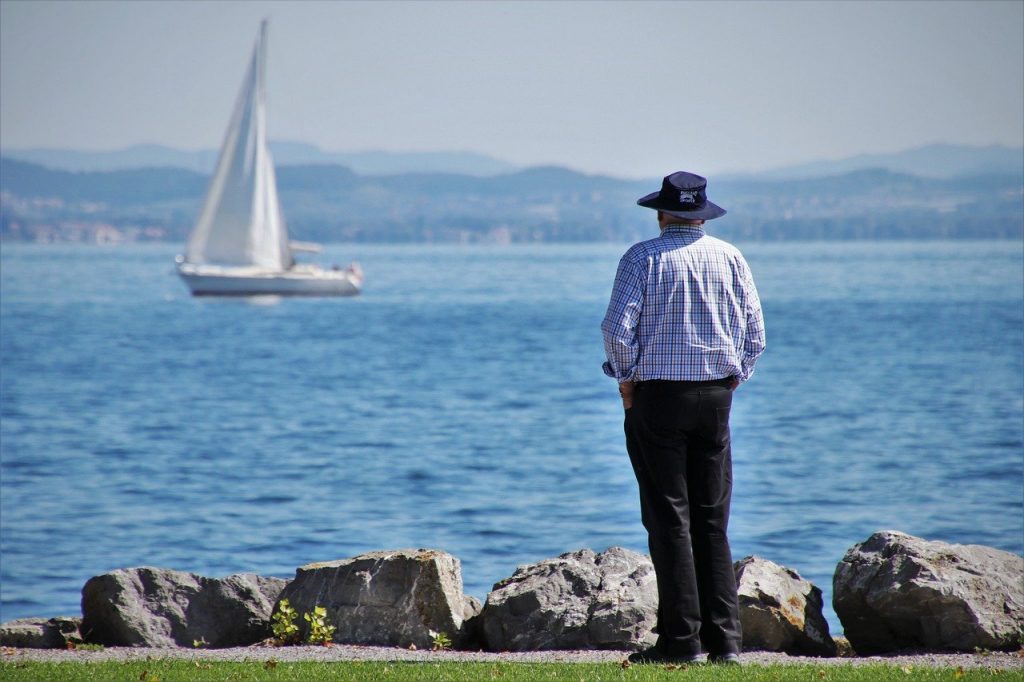
If you can’t find travel fellows for the trip, it doesn’t matter as traveling alone can be no less exciting and encouraging. There are many fears and stereotypes associated with such trips, but instead of being afraid and staying at home, it is better to thoroughly prepare for the trip and go towards adventure. We share tips and life hacks that will make your vacation alone easier and safer.
The ultimate prize of a trip is your destination, so whether you decide to visit the Arctic or the Tropics, use this guide to know how to prepare for a cruise and the expedition itself to squeeze the most from this experience. Besides, chartering a yacht is already the most popular recreational activity.
Prepare to the Trip
For bareboat charter, you must have a valid skipper license, which must be presented prior to settling on the yacht. The most common licenses are IYT (International Yachtmaster Training) and RYA (Royal Yachting Association). Most charter companies will also ask you to provide you with a logbook to prove your experience. Some yachts require two people to operate and therefore require two licenses.
The international universal charter period is usually a week. Most often it is a week from Saturday to Saturday. Even if you want to rent a yacht for 2-3 days, you will need to pay for a weekly yacht rental, because the rest of the unused days in a week is not possible to retake.
It is worth noting that a week is the best time for a yacht vacation. A few days is not enough to experience all the benefits of yachting, a longer period is also not suitable for everyone, and a week is ideal.
Do Research
Open water is always unpredictable. It is impossible to predict changes in wind or weather forecast, but you can take care of possible troubles in advance. In addition, when setting out on a cruise, do not forget that many unpleasant surprises can be hidden under the blue surface. Therefore, get ready to become a “sea wolf”, you will have to learn to work with information.
Take Care of Additional Power Supplies
Regardless of the power supplies that you intend to use, add another third to them. Navigation lights, radio, autopilot, freezer, computer, fans – all this requires additional power supplies, which must be taken into account when planning a solo trip.
Long crossings mean complete autonomy, which means that you must ensure an uninterrupted supply of electricity onboard.
Think about Additional Equipment
It is very helpful to use a self-tailing winch that itself holds the running rigging, while you calmly turn the winch handle to pick up, for example, a jib sheet. Such winches greatly simplify the work with the sails. It is especially convenient to work with them alone.
Some boaters consider self-tailing winches to be mischief and too expensive for the extra comfort on board. But we think that choosing a yacht with improved winches is definitely worth it.
Autopilot is an indispensable electronic assistant, which is almost impossible to do without if your sea voyage will last several days in a row. And especially if you want to cover long distances non-stop. The autopilot allows you to go at night, under the supervision of the rotational officer. But it also helps to reduce the workload throughout the day as it does not require you to constantly be at the helm.
On long journeys in the ocean, you need a reliable GPS system that backs up your main instruments. Most yachtsmen prefer portable GPS devices. The safest thing to do, among other things, is to have an ordinary nautical compass and maps on board. But a portable GPS will not be superfluous at all. Compass and GPS have their pros and cons, so if you want to be confident in your navigation aids, it’s best to have both on board.
Think about Communication Means
A satellite phone is also absolutely essential if you are going to explore the vastness of the ocean. Indeed, in the most remote regions from the coast, it is clearly useful to have a reliable means of communication on board. Satellite phones are very reliable and will keep you connected when needed.
For long journeys, sailors recommend having a signal flare gun to send a distress signal (this is especially important when in sea waters). For inland waters, instead of a rocket launcher, a powerful flashlight will be sufficient.
Keep Your Body Healthy
An expedition is not a relaxing experience the entire time, so you’ll mostly be in on-the-go mode. Accordingly, you should prepare your body as well, and any physical activity would be helpful.
Remember about Safety Rules
The first solo trip is always scary, so your main task is to act calmly, avoiding dangerous moments.
The solo trip is best done within sight of the yacht club, so that in case of an unforeseen situation there is an opportunity to ask for help.
Besides, do not neglect life jackets. This rule applies to every trip, the absence of a vest on the water is not only dangerous but also becomes the reason for receiving a fine when meeting with the inspectors.
The inability to communicate with other yachtsmen in a professional language will become a serious language barrier for you. Also, it will not be superfluous to learn the SOS signal.
The biggest advantage of traveling alone is absolute freedom of action. You don’t need to adapt to anyone, you plan the trip completely on your own and you can include exactly what you need in it. Traveling alone will teach you to be prepared for the unexpected and give you new experiences, and at the same time will help you better know yourself and your desires. The main thing is not to be afraid to step out of your comfort zone.


